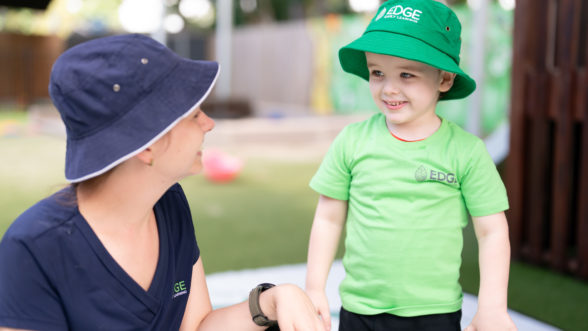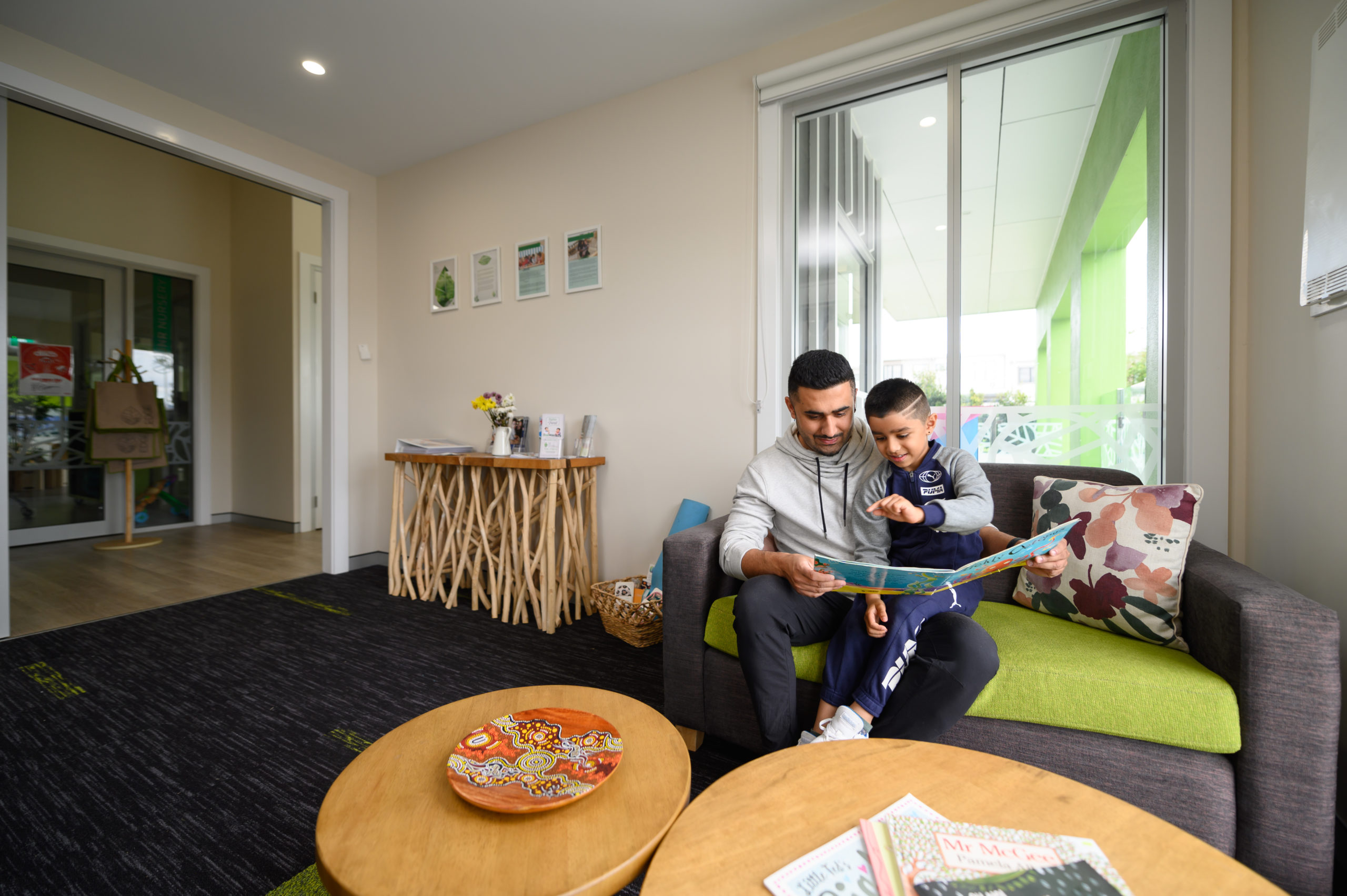
Useful tools
Useful tools, Wellbeing
04 February, 2019

Sending your children back to school, preschool or day-care or even starting them up for the first time can be an exhausting experience for everyone involved. We chatted to clinical psychologist Renee Mill about some of the things you can do to overcome separation anxiety.
After weeks of holidays and time at home, the prospect of having to leave their comfort zone is enough to freak any child out. It can also be the same for children new to daycare. While some can’t wait for their first day, others are racked by anxiety and stress for what can sometimes be weeks in advance. Difficulty sleeping, feeling sick a lot of the time, complaining of a sore tummy, picking at food, crying easily and aversion to being alone or away from you are just some of the ways that separation anxiety can manifest itself.
“Some children do not tolerate change well and find new environments and routines challenging,” says clinical psychologist Renee Mill. “This condition is very common both in children and adults – it’s why many adults stay in difficult and bad situations; they cannot face making changes to their life.”
As a parent, it can be just as stressful. Renee provides seven steps that parents can follow to help their children overcome the separation anxiety that any back-to-school period brings:
Even If you find your child’s behaviour exasperating or immature, listen to their concerns. Make it safe for them to talk about their fears and listen without jumping in with explanations, reassurances or put downs.
By saying something like “it’s very common for people to be afraid of new situations – many kids feel sick at the start of a new year at school because so many things will be different to last year,” you are validating and understanding their problem – which won’t necessarily alleviate their anxiety, but it will help them feel more centred and able to expend energy on coping with the problem.
Normalising and validating do not mean encouraging avoidance – even though the child feels fear, it is best to “feel the fear but do it anyway” when it comes to anxiety, Renee says. In other words, you must communicate that no matter how scary it can be, going to school, kindergarten or day-care, and separation from you at some point, is not optional. Avoidance of feared situations entrenches the fear, whereas acting despite the fear extinguishes it in time.
Look for stress triggers and remember how they have been overcome in the past. For example, if your child was upset and clingy going to pre-school or day-care in the first few days, but okay by the second week, you can remind them of that and suggest strategies that will make them feel better. Suggest that they focus on finding a friend on the first day or ask the teacher to seat them in the front row in the classroom.
Point out your child’s strengths. For example, “Do you remember how in kindergarten you introduced yourself to the new boy? That showed courage” or “Last year, I remember that you walked in with your teacher even though you didn’t want to at first. That shows determination”. By continuing to remind them of their strengths, their self-confidence will grow.
This is a very effective and fun tool. In the lead up to a new experience/environment, go through what to expect before it happens. For example, role play walking into the school yard and work out the best place to wait for the school bell. Plan B: If your child doesn’t make a friend on the first day, remind them that they can go to the library at lunch time. Plan C: If they don’t like their teacher or a particular child, remind your child that they can discuss it with you after school.
These are standard techniques for anxiety. Teach your child to recognise when their breathing speeds up or heart starts to race. Then you can teach them to breathe deliberately and slowly to calm down. A great method is to inhale slowly and as they exhale to speak the word ‘relax’. Doing these five times at bedtime and In the morning is a great way to train them. The key to success is practice and repetition.
“Separation anxiety is common and parents should never feel like this is a failure on their part,” said Renee. “By using these simple strategies and role modelling a calm, considered attitude and proactive coping style you will go a long way to helping your child manage their anxiety.”

Useful tools

Nutrition, Wellbeing
